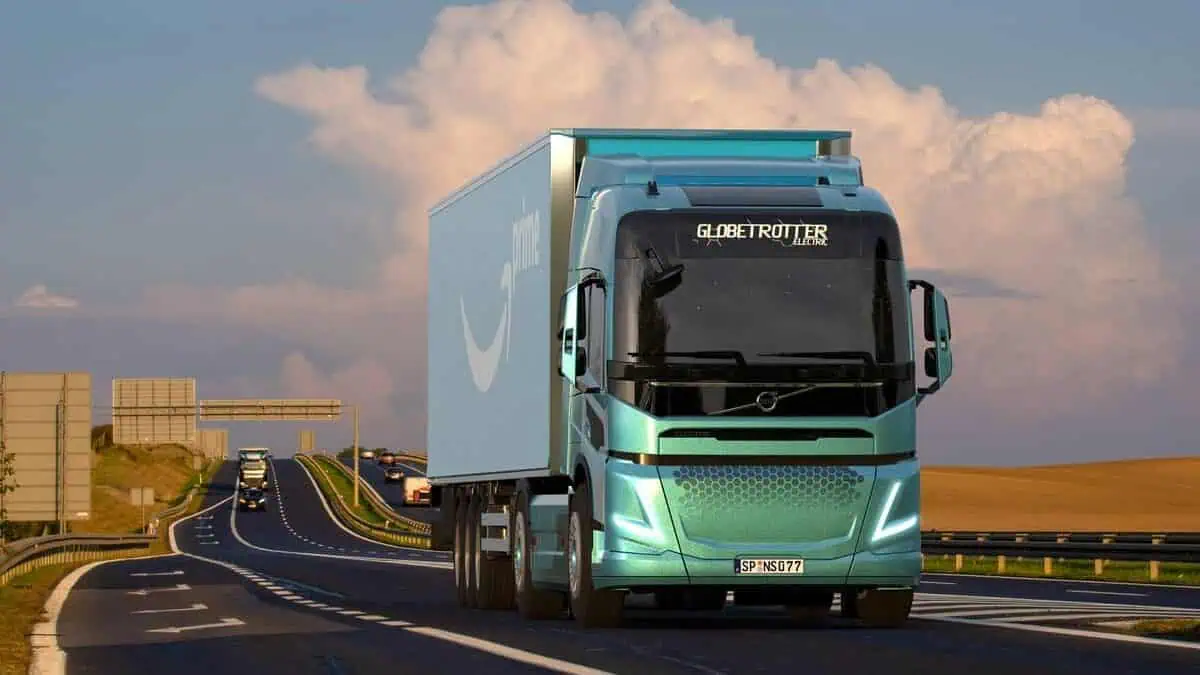Four in five drivers think others behave differently around them when they learn they have an electric vehicle.
Over 50% of electric car drivers feel, they get bombarded with queries when they declare they drive a battery-powered vehicle. They also believe that the many myths about electric vehicles affect how people act towards them.
With energy bills growing, many worry about the choice being cost-effective. Out of 500 motorists surveyed by The Mirror, 83% feel that people’s characters towards them change thanks to their car.
51% state they receive a massive number of questions, including queries like, “how long does it take to charge the battery?” and “do you charge your car at home?” Others worry that having an electric car will cause their energy consumption and bills to rise.
However, over three-quarters of the group admitted that they also believed a few misconceptions about electric vehicles before having one. The research, carried out through OnePoll, found that many misconceptions about electric vehicles affect people’s perspective of them.
Too many sockets on the vehicle
About 39% of electric drivers have found that people believe their vehicles have too many different sockets on them. Electric cars have up to two sockets on them. These can be a type one or type two socket. Type one sockets have a five-pin style and are most common in American vehicles. Type two has a seven-pin style and is more prevalent in Europe.
The electricity grid can’t cope with peak demand
34% of motorists believed that the electric network wouldn’t be able to cope with the demand, if everyone charged their vehicle at once. This is a common view among the haters of electric vehicles, though, by the report of Forbes, all developed countries can handle cars. The UK national network created 323TWh of power in 2019. The total number of electric vehicles consumed 69.1TWh of power. This is just 21.4% of the energy the network made that year.
Electric vehicles are not useful for long distance travel
Another misconception experienced by 37% of electric vehicle drivers is that cars can’t go far. Yet depending on the version, the RAC has stated that drivers can expect to achieve up to 300 miles in a completely charged electric vehicle.
They take a long time to charge
The concept that electric vehicles take too long to charge is held by 34% of drivers. The time it takes to charge a vehicle depends on the size of the battery and, in several cases, can take up to half a day. Though some versions may take just 30 minutes, according to Business Insider’s report, Ford engineers are working on a cord or powerline that will charge in five minutes.
EV drivers have a lot of disposable income
73% of electric vehicle drivers believe that humans assume they have many disposable incomes. But British Gas head of net zero Henry Duff, which commissioned the study, stated that getting an electric vehicle needs a “change in mindset.”
He stated: “EV adoption levels continue to rocket as more drivers realise the full potential of making the switch to electric.
“Yet, as demand for EVs intensifies, we must ensure that the UK’s charging network is ready for drivers to access reliable, convenient, and easy-to-operate charge points.
“If we’re not careful, we could stall the good progress made to encourage more motorists to adopt EVs.”
He added: “Switching to an EV requires a change in mindset – from how you drive, to how you refuel and maintain the vehicle.
“Driving at a slower speed is a common habit newly converted EV drivers adopt – this help to keep the energy consumption low, boosts the battery’s range, and allows you to go further for longer.
“Many motorists will still be wary about making the change from petrol to electric, which is why it is so important that policy makers continue to make the transition to electric seamless by accelerating the roll out of the UKs charging infrastructure, and providing incentives to make EVs affordable and accessible to all.”






